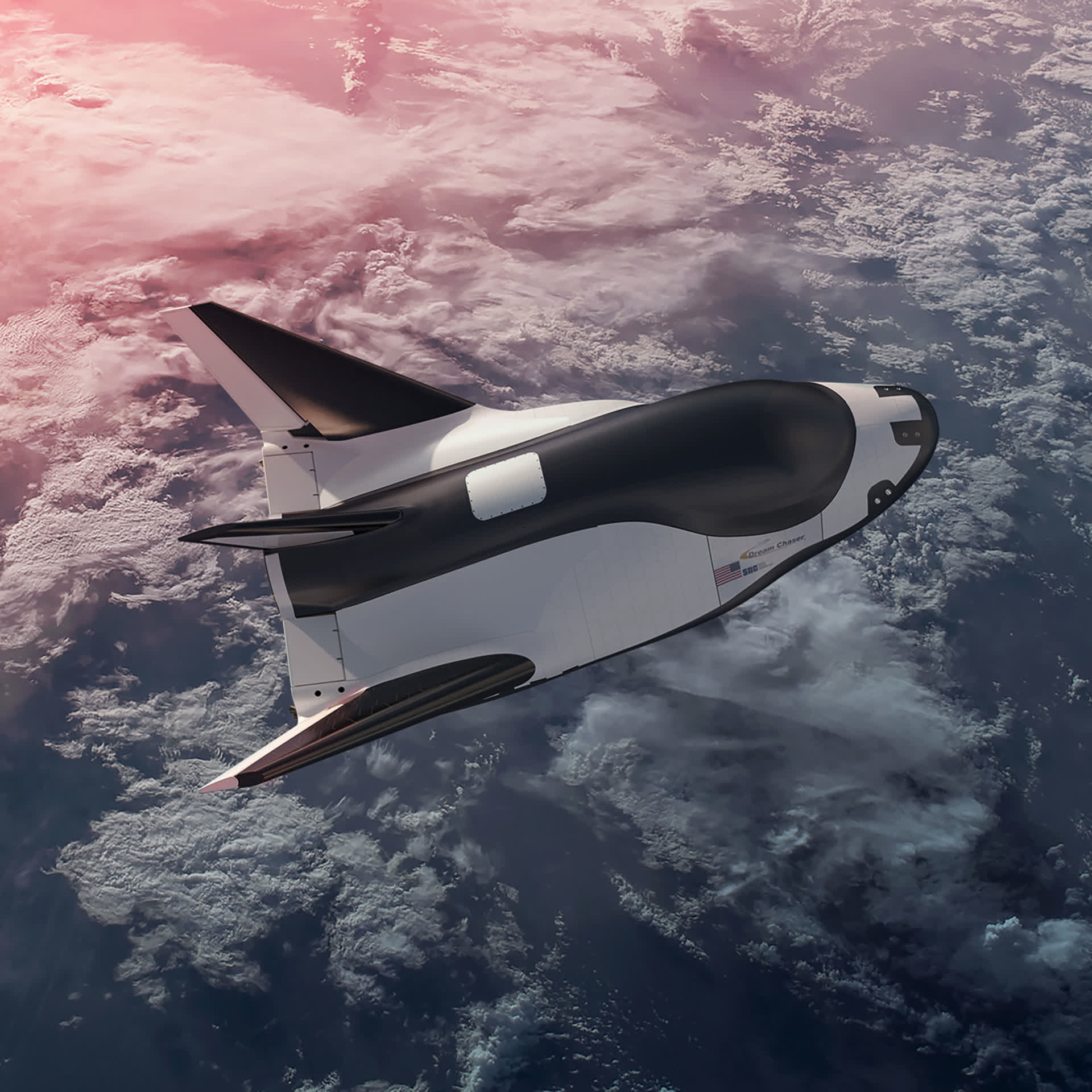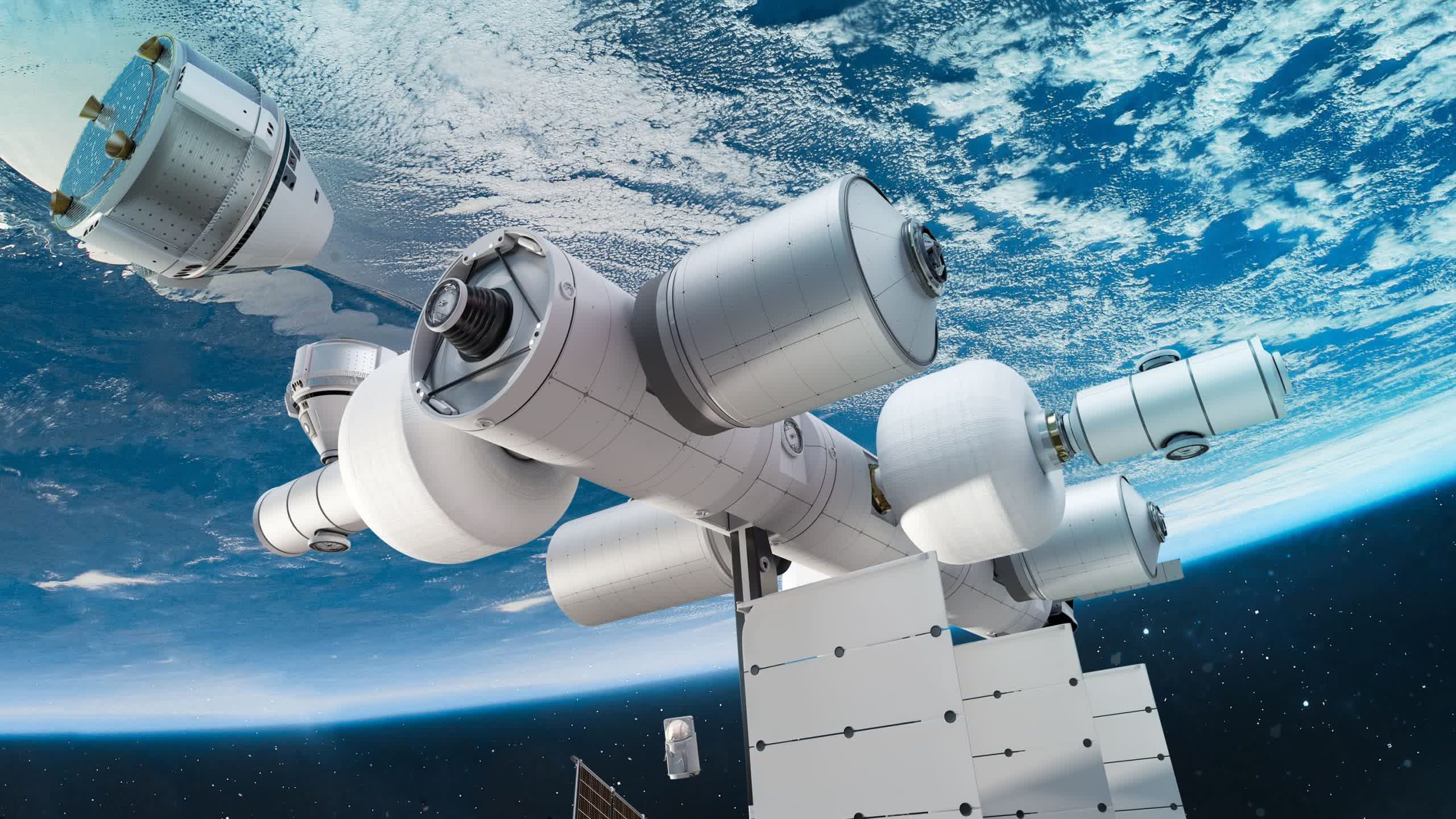Editor's take: While space tourism will no doubt be a big part of Orbital Reef, the potential for further research and space-based manufacturing is arguably much more exciting for the rest of us here on Earth. New techniques gleaned from building things in space, for example, could help boost the effectiveness of everyday products or lead to breakthroughs we haven't even considered.
Blue Origin has announced plans to build a space station in low Earth orbit. Dubbed Orbital Reef, the facility will be operated as a "mixed use business park" in space for commerce, research and tourism purposes.
Blue Origin is teaming with Sierra Space on the initiative, with additional backing from Boeing, Genesis Engineering Solutions, Redwire Space and Arizona State University. ASU will lead a global consortium of universities that will also play a role in the project, focusing on areas like community needs, advising novice researchers and leading STEM outreach.

Sierra Space, a subsidiary of Sierra Nevada Corporation, is working on Dream Chaser, a spaceplane that'll be able to transport cargo - and eventually, crew members - to and from low Earth orbit. The plane will be capable of landing on runways worldwide. Genesis Engineering Solutions, meanwhile, will be responsible for the Single Person Spacecraft used for external operations and tourist excursions.
When Orbital Reef opens in the second half of this decade, it'll have almost the same volume as the International Space Station. The baseline configuration will feature separate science and habitable zones, we're told, with support for up to 10 people.
Blue Origin to date has flown a total of eight people to the edge of space and back as part of its space tourism business, including founder Jeff Bezos and actor William Shatner.
